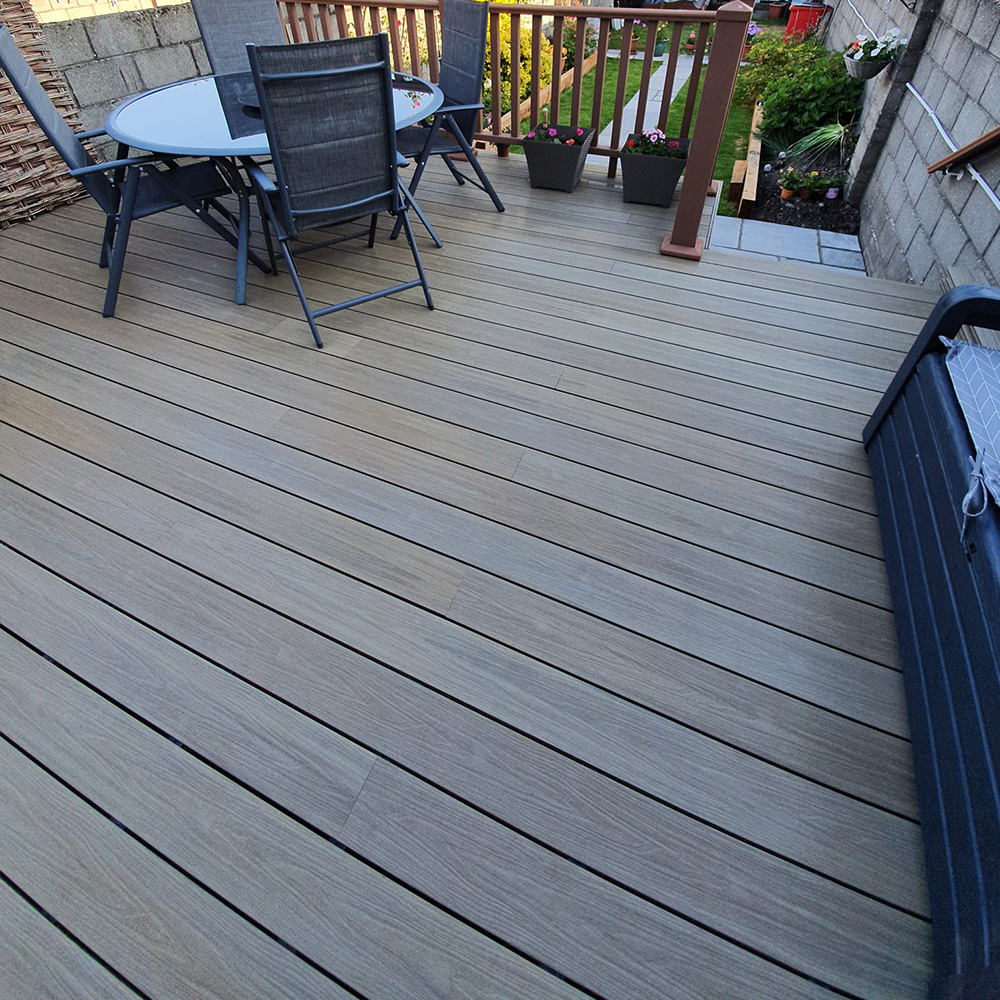Eco-Friendly Decking – Composite Solutions for a Sustainable
In an era where environmental consciousness is at the forefront of our collective conscience, eco-friendly decking solutions have emerged as a beacon of sustainability and innovation in the construction industry. As we strive to reduce our carbon footprint and minimize the impact of our activities on the planet, traditional wood decking options have given way to composite alternatives that offer the perfect blend of aesthetics, durability, and eco-friendliness. One of the primary reasons why eco-conscious homeowners and builders are turning to composite decking is its sustainable sourcing. Traditional wood decking often relies on the harvesting of old-growth forests, contributing to deforestation and habitat destruction. In contrast, composite decking is crafted from a blend of recycled wood fibers and plastics, diverting tons of waste from landfills and reducing the need for virgin materials. By utilizing this composite technology, we not only conserve natural resources but also help mitigate the adverse effects of logging and plastic production, making a significant contribution to a greener future.

Composite decking is designed to be incredibly durable, which means less frequent replacements and a longer lifespan, reducing the demand for new decking materials over time. This extended longevity also translates into less maintenance and reduced use of chemicals, stains, and sealants, which can often leach harmful substances into the environment. The low-maintenance nature of composite decking means fewer resources are required for its upkeep, further supporting its eco-friendly credentials. Water conservation is another critical aspect of eco-friendly decking. Traditional wood decks often require regular power washing and staining, which can lead to excessive water usage and the release of harmful chemicals into water systems. Composite decking, on the other hand, is resistant to water damage, reducing the need for excessive cleaning and maintenance. This not only conserves water but also prevents the contamination of local water bodies, fostering a healthier ecosystem.
Additionally, buy composite decking resistance to rot, pests, and decay eliminates the need for harmful chemical treatments. In the past, chemically treated wood posed a significant environmental hazard as these treatments could leach into the soil and groundwater. By choosing composite decking, we reduce the demand for toxic preservatives and pesticides, minimizing the potential harm to the environment and safeguarding the health of our communities. Beyond its environmental benefits, composite decking also offers a wide range of design options to cater to every aesthetic preference. Whether you prefer the timeless look of wood grain or the sleek, modern appearance of smooth finishes, composite decking can mimic the natural beauty of wood without sacrificing eco-friendliness. This versatility allows homeowners and builders to create stunning outdoor spaces while still prioritizing sustainability. In conclusion, eco-friendly composite decking solutions represent a pivotal step toward a more sustainable future. By choosing composite over traditional wood, we reduce deforestation, conserve water, minimize chemical usage, and contribute to a healthier planet.